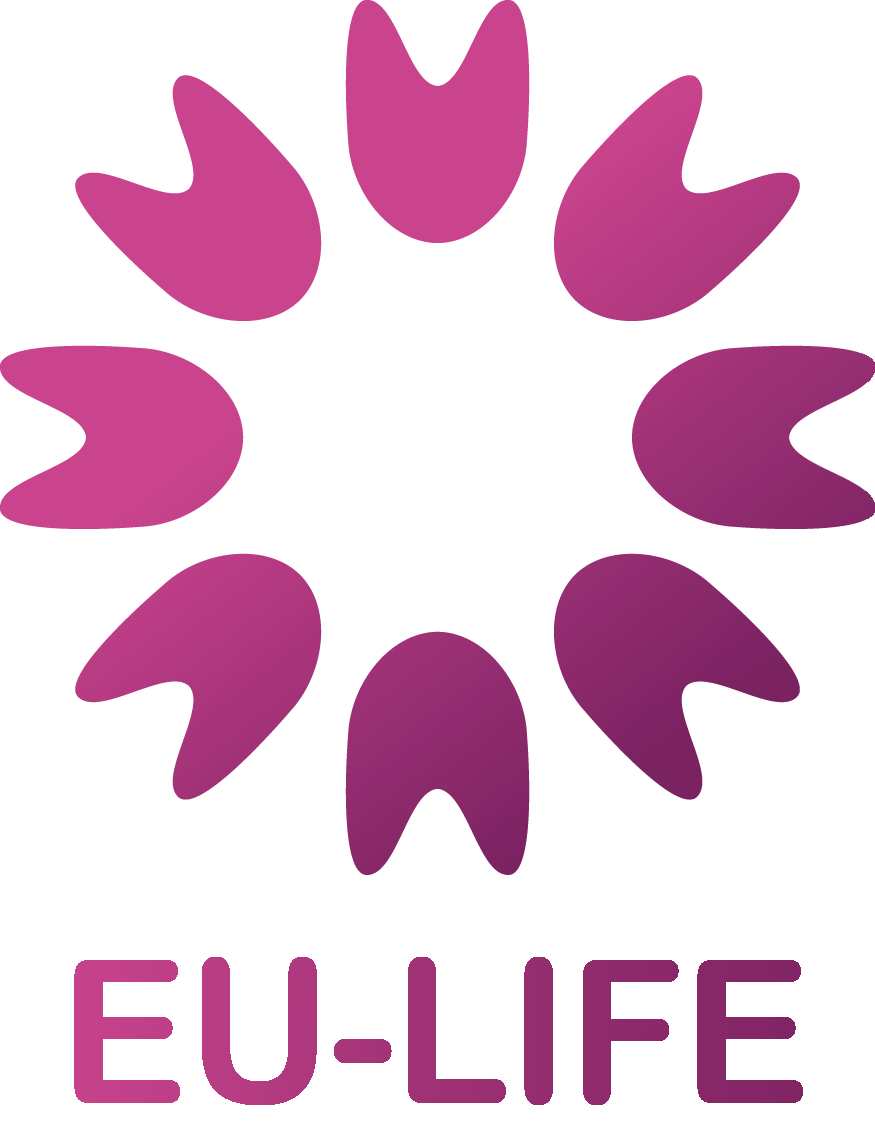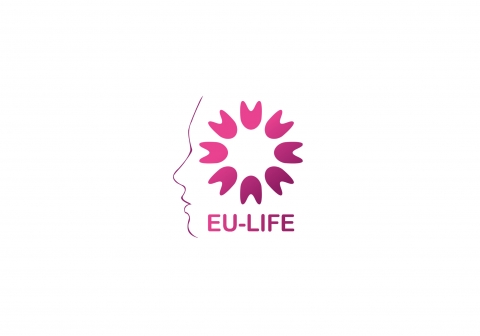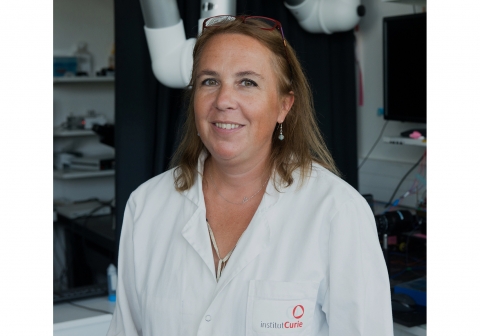What we are doing
Gender Equality, Diversity and Inclusion in science are among the top priorities of EU-LIFE. The Gender Equality, Diversity and Inclusion working group serves as a core team to promote these values in the alliance, facilitate mutual learning and coordinates activities.
European policy
EU-LIFE is an active stakeholder in gender equality at the European level, and we participate regularly in European Commission activities in this field, such as:
- Having an active role in the European Research Area (ERA), currently at the ERA Structural Policy on 'Strengthening gender equality and inclusiveness in the ERA, notably with an intersectional approach' in the context of the ERA Policy Agenda 2025-2027. Prior to that, EU-LIFE was engaged in Action 5 on Gender equality and inclusiveness of the ERA Policy Agenda 2022-2024.
- Participating as stakeholders in Gender Equality policy workshops held by the European Commission
- Actively contributing to the SheFigures reports
- Providing input to the Elsevier report The Researcher Journey Through a Gender Lens as Subject Matter Expert Contributor
External projects
Several of our member institutes teamed up to develop a Horizon 2020 project on gender equality, LIBRA (Leading Innovative measures to reach gender Balance in Research Activities). The project aimed to improve recruitment policies, support career development of female staff, generate an inclusive environment and ensure gender dimension is considered in research. The alliance committed to the adoption of a LIBRA sustainability plan including sustaining some LIBRA actions and developing an EU-LIFE plan to tackle harassment and bullying.
Internal action
Improving the gender balance in research institutes can be achieved bottom-up through awareness, training, mentoring, and other actions aimed at students and postdocs, but it should also be driven by top-down actions. The top management layer is indeed mainly involved in recruitment of group leaders (the group where we see most imbalance in gender representation) and has the power to create a gender-neutral environment. With that aim, all EU-LIFE directors make a commitment to allocate staff to gender equality action and take a set of actions for themselves.
EU-LIFE plan includes measures to ensure sustainability at institutional and at the EU-LIFE level, as well as a dissemination strategy targeting external stakeholders. By keeping gender equality, diversity and inclusion a priority, we aim to continuously improve EU-LIFE institutes in this area, advocate to include the sex and gender perspective in research, increase awareness in the wider community and disseminate best practices.
In the context of the strategy developed in LIBRA, and with the aim to shape a culture of mutual respect and dignity in the research environment, over 8,000 members of staff of EU-LIFE institutes are receiving training for becoming active bystanders upon witnessing any inappropriate behaviour.
Some of our latest activities
- EU-LIFE Pathfinder: Mentorship Programme for Postdoctoral Women
- Envisioning the research centres of the future Conference
- EU-LIFE Active Bystander Training 2021
- ESOF 2020 Session: Inclusion and gender diversity in research environments: a little less conversation, a little more action please
- EU Gender in Science Symposium 2020
- EMBL/HHMI Conference: Gender roles and their impact in academia
- Bullying and harassment: from policy to practice in research institutes workshop for directors and HR leads of EU-LIFE member institutes.
- How to design, implement and follow-up a Gender Equality Plan workshop
Our position
Gender equality is one of the key values of EU-LIFE and a priority of action. As we aim to build and promote excellence in life sciences throughout Europe, our commitment to excellence is also a commitment to gender equality and promotion of inclusiveness and diversity within the research & innovation ecosystem.
From October 2015 to March 2019, the EU-LIFE members teamed up with ASDO, a gender expert organization, on LIBRA, a European funded project, to develop and implement gender equality in research. LIBRA was highlighted as a success story by the European Commission.
LIBRA has evaluated the current status of gender equality in the different institutes and implemented innovative actions to increase representation and participation of women in leadership positions in life sciences in Europe as well as including sex and gender dimension in their research strategies. The participatory process of mutual learning has led to the design and implementation of harmonised and tailored Gender Equality Plans at the research institutes’ level.
Through LIBRA, all EU-LIFE institutes have improved the awareness, commitment and expertise in gender equality in their institute. The project created a very open and constructive community of gender equality specialists from all EU-LIFE institutes that have implemented a gender equality plan at each of the institutes, created handbooks and tools on recruitment, work-life balance and sex and gender in research, organized workshops and a career development program for female postdocs.
As a follow up of this kick-starting project, EU-LIFE members agree that commitment to gender equality shall continue a key priority and added the goal to promote inclusiveness and diversity.
Why it’s important
In Europe, approximately half of our PhD students are women. However, the percentage of women researchers starts to decrease at the postdoctoral level and drops dramatically in leaderships positions (with 20% as group leaders and 15.5% as directors)[1]. These numbers raise ethical as well as economical issues, since they demonstrate a bias in the system and a dramatic waste of talent and resources in research & innovation.
[1] See Figures 2012 Report


